Table of content
DISC Test Common Mistakes: Are You Getting the Right Results?
Learn the most DISC test common mistakes that can affect your results. Discover how to overcome them and gain accurate insights from your DISC profile.
DISC test common mistakes are widespread, and they can completely invalidate the results of this powerful examination. While the DISC model is an excellent tool for self-awareness, a surprising proportion of people take the exam with misunderstandings, resulting in misleading or unhelpful findings. This article will highlight the most frequent errors test-takers make and explain to you how to avoid them.
What is the DISC Test?
The DISC test is a behavioral evaluation meant to help people figure out how they communicate, how they work best, and how they usually connect with others. DISC test result divides behavior into four major styles: Dominance, Influence, Steadiness, and Compliance. These four styles are often represented in the DISC model circle, which visually demonstrates how different traits connect and interact with each other.

Over time, the concept of DISC has evolved into several variations. Some organizations offer the traditional DISC test, while others provide more modern DISC assessments that include detailed reports, practical applications, and coaching tools. You may also come across versions labeled DISC and others styled as DISC with a lowercase “i.” This difference typically reflects branding choices by specific providers. This distinction explains why doubts about the validity of DISC assessments are frequently raised, such as "Is DISC assessment valid?" and "How reliable is the DISC personality test?"
Regardless of the provider, the DISC test remains one of the most widely used tools for personal growth, workplace communication, and team development.
Why Does the DISC Test Matter?
Before diving in the DISC test common mistakes, understand your DISC profile is far more than just a label. It's an invaluable tool for professional development, building stronger, more collaborative teams.
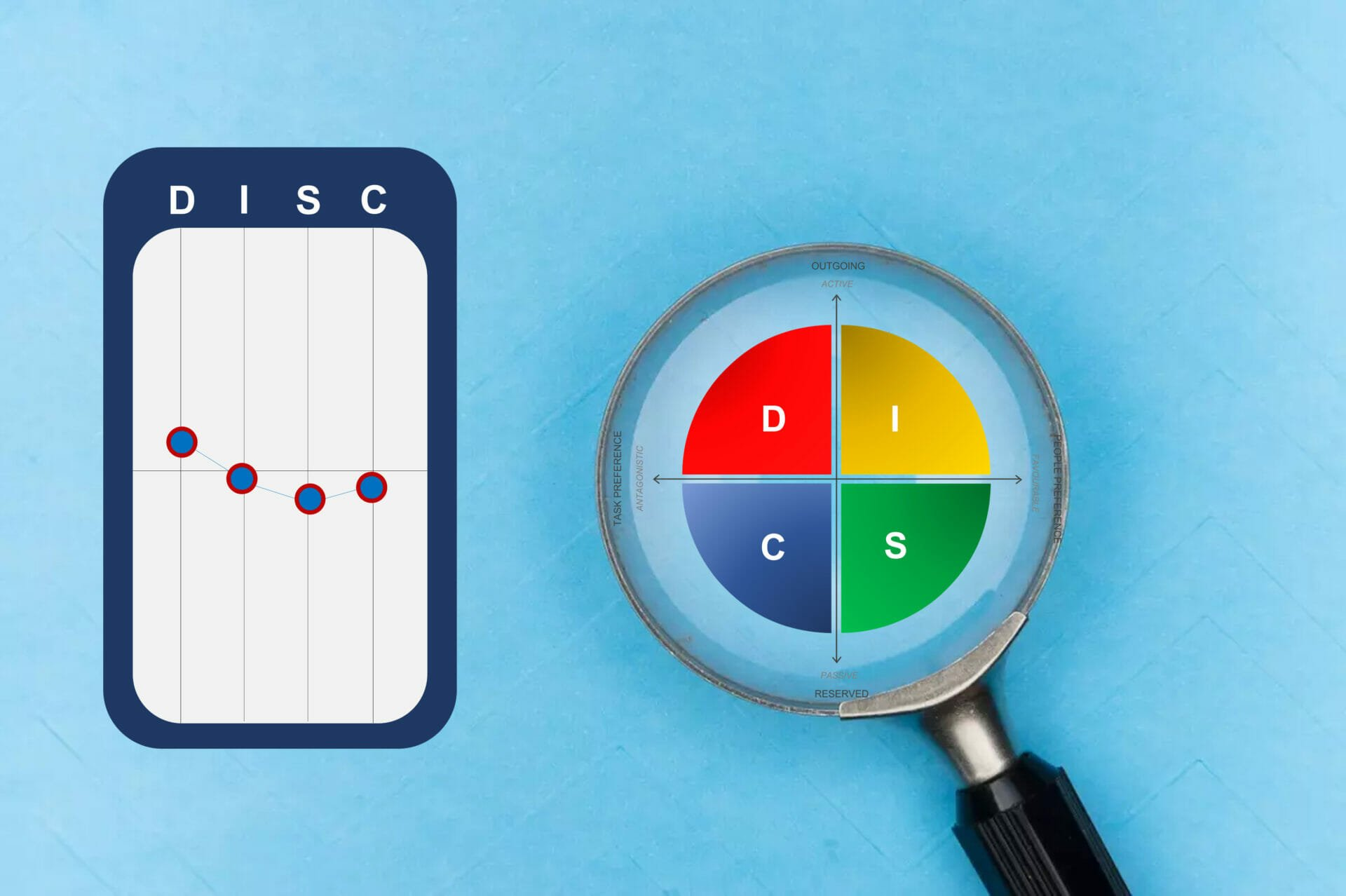
- Improve Communication: By defining your communication style and understanding others' styles, you can change how you talk, listen, and interact. For example, a "D" style values straightforward, to-the-point communication, whereas an "S" style prefers a more personal and supportive approach. This avoids misunderstandings and strengthens connections.
- Enhance Teamwork: The DISC model teaches teams to appreciate different working styles. Recognizing that a "C" (Compliance) style emphasizes precision and data, whereas an "I" (Influence) style lives on collaboration and excitement. This reduces conflict and creates a more unified, productive atmosphere.
- Boost Self-Awareness: The test provides a comprehensive picture of your natural tendencies, how you behave under pressure, what inspires you, and where your possible blind spots are. Self-awareness is the first step toward personal development, allowing you to choose your responses rather than just reacting.
The DISC exam does not evaluate IQ, aptitude, or psychological depth. While many users find it useful for practical insights, others point out potential bias and the benefits and drawbacks of DISC assessments, particularly when the results are over-interpreted.
6 Common Mistakes That Skew Your DISC Results
The DISC model is an excellent tool, but common assumptions and errors sometimes undermine its effectiveness. Here are six of the most DISC test common mistakes that might affect the findings.
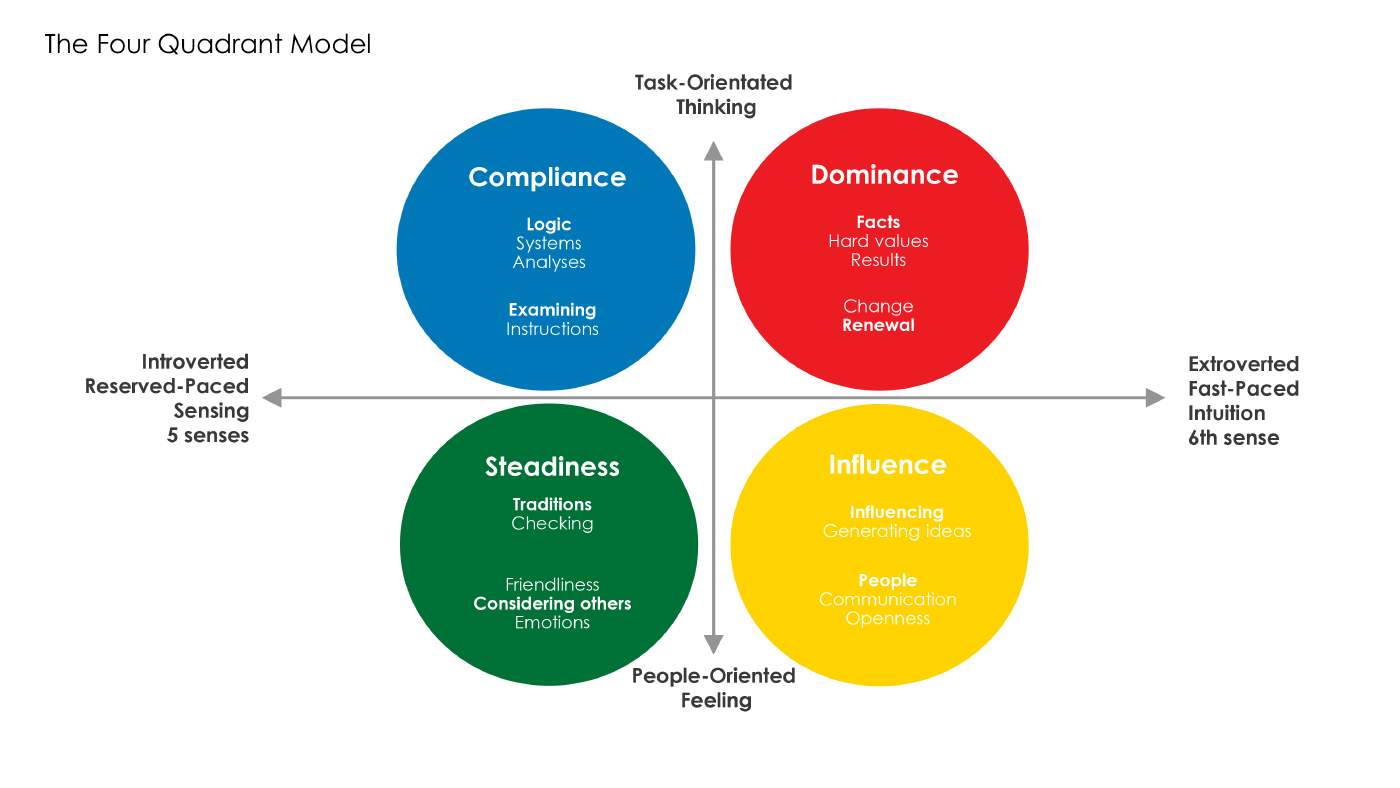
Mistake 1: Thinking DISC Explains Everything About You
The DISC evaluation does not assess your overall personality, values, or intelligence. Instead, it concentrates on one critical aspect: your behavioral style, the way you act, speak, and interact with others. When people believe DISC is the complete picture, they’re making DISC test common mistakes and miss the point. DISC is a wonderful tool, but it is only one of several you can utilize to better understand yourself. Consider it a road plan for how you present yourself in daily interactions; essential but not comprehensive.
Mistake 2: Answering How You Want to Be, Not How You Are
Some people try to answer questions based on what they believe they "should" be or what an employer is searching for. The evaluation aims to determine your natural, default behavioral style. Trying to influence the results completely defeats the point of the exam.
For example, someone who wants to be more decisive may respond to questions in a more "D" style, even if their natural propensity is more "S”. This results in an incorrect outcome that does not reflect their current situation, rendering the assessment ineffective for personal development.
Mistake 3: Believing DISC Results Are Fixed and Unchanging
In reality, DISC is a behavioral evaluation, not a permanent personality label. As people grow, develop new skills, or adapt to different living and working environments, their DISC profile can shift. For example, you may demonstrate more Dominance at work when leading a project, but lean into Steadiness in your personal life as circumstances change.
To get the most value, you should periodically retake the DISC assessment to re-evaluate yourself and see how you’ve evolved. That’s the good solution to avoid DISC test common mistakes.
Mistake 4: Assuming all DISC Tests are the Same
There are several variations of the DISC examination available online, and not all are made equal. Some are brief, free questionnaires without the psychometric rigor of a professionally approved tool. The reliability of the DISC personality test varies significantly depending on the supplier and methodology employed. Choosing a reliable test supplier is critical to avoiding incorrect findings.
If you want to try a reputable version, consider taking the DISC test to begin with an accurate assessment.
Mistake 5: Using DISC to Predict Job Success
A DISC profile is an excellent tool for improving teamwork and communication, as it helps leaders and colleagues understand how different personalities work best together. However, it’s important to avoid one of the most DISC test common mistakes: treating DISC as the only recruitment test.

While DISC reveals behavioral tendencies, it does not measure skills, intelligence, or overall job competence. Relying solely on DISC can create bias and lower the value of the tool itself. In other words, DISC should be one piece of the puzzle, not the entire decision-making process. When combined with other comprehensive factors such as experience, technical skills, and cultural fit, DISC becomes a powerful guide instead of a limiting label.
Moreover, working with a certified coach or exploring structured DISC training for personal and career development can help you interpret your results more effectively and apply them in real-life situations.
Mistake 6: Overgeneralizing Your Results
Your DISC style is a reflection of your preferences, not a strict box. Overgeneralization can lead to a stuck mindset, in which you believe you are unable to behave in ways that are not consistent with your profile. It's important to remember that everyone has a mix of all four styles and can alter their conduct as needed when taking the DISC test. Forgetting this can limit your potential and lead to unnecessary biases about others.
How to Avoid DISC Pitfalls and Get the Most Out of Your Test
Knowing DISC test common mistakes is only the first step; the most important thing is to learn how to prevent them so that your results remain accurate and meaningful. Here are four straightforward practices to keep in mind.
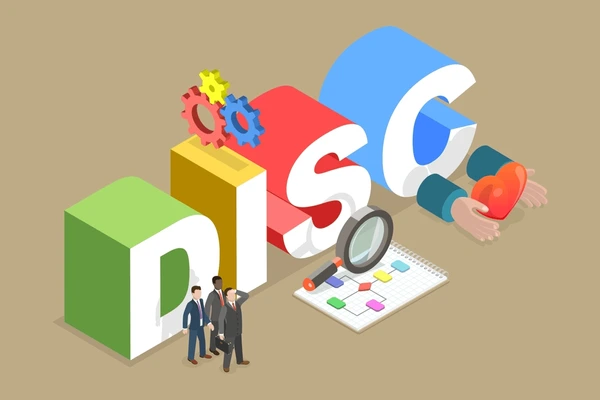
Be Honest with Yourself
The most important step in completing the DISC exam is answering the questions honestly. The results are intended to serve as a beginning point for self-discovery, rather than a final judgment. Your most significant ideas will stem from a genuine reflection of your existing behavioral style. Remember that the problems of the DISC personality test are typically due to the user, not the test itself.
Choose a Reputable Test Provider
Not all DISC assessments are made equally. Some lack investigation and validation, which might result in uneven results. To avoid DISC test common mistakes, search for exams that provide a full report as well as other tools to assist you in interpreting and applying the results to your life. The test's quality greatly determines the pros and cons of DISC assessment. For a scientifically-backed and trusted assessment, you can take a valid DISC test at discpersonalities.com.
View Your Results as a Starting Point
Your DISC profile should be used as a tool for self-awareness, not as a strict label. Read your report with an open mind, find areas for improvement, and search for methods to better leverage your abilities. Instead of viewing your profile as a box that defines you, consider it a map that directs you.
Remember That All Styles are Valuable
No single DISC style is "better" than the others. Each offers advantages as well as potential disadvantages. Understanding and embracing differences allows you to increase teamwork, communication, and personal performance. Even the rarest DISC personality type brings critical strengths to the table, proving that every result has significance. Recognizing merit in different approaches helps to decrease bias and stereotyping, and reduce DISC test common mistakes.
To get a better understanding of the different styles, you can learn about the common DISC personality types and why it matters.
Final Thoughts
The DISC assessment can be a powerful tool for studying behavior, communication, and teamwork. However, if you make any of the DISC test common mistakes listed above, your results may be less trustworthy and meaningful. By avoiding the DISC test mistakes we've highlighted, you'll be able to acquire deeper insights and use the test as a roadmap for progress rather than a final characterization of your personality.
FAQs
What is the biggest mistake people make with the DISC test?
The biggest mistake is treating the DISC assessment as a full personality profile. It measures behavior and communication, not intelligence, values, or potential. Overgeneralizing results is another frequent pitfall.
Is there a "best" DISC style?
No. Each DISC style has unique strengths and challenges. The key is recognizing that all four styles are valuable in different situations, and success often comes from adaptability, not from having a particular style.
Can my DISC style change over time?
Your core style tends to remain stable, but your behavior may shift depending on life experiences, roles, or environments. For example, you might lean into different traits at work than at home.
How can I make sure my DISC results are accurate?
Be honest when answering questions and choose a reliable provider. Avoid “gaming” the test or answering based on who you want to be. These steps reduce the risk of inaccurate results and help avoid common DISC test mistakes.
What should I do with my results after the test?
Use your profile as a starting point for self-awareness and growth. Share your results with colleagues, managers, or coaches to improve communication and collaboration. Remember, it’s a tool for development, not a final label.


Don't Let Your Potential Stay Hidden!
Take the DISC test today and discover your unique 'YOU', with deep insights into your true personality and potential.
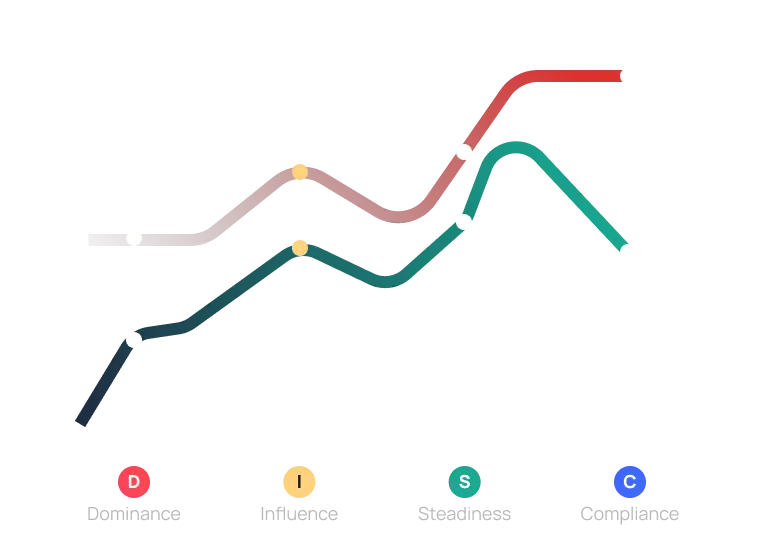
Represents your instinctive behaviors and desires.
Shows the behavioral tendencies you think you should exhibit in specific situations.
Related articles
You may also be interested in
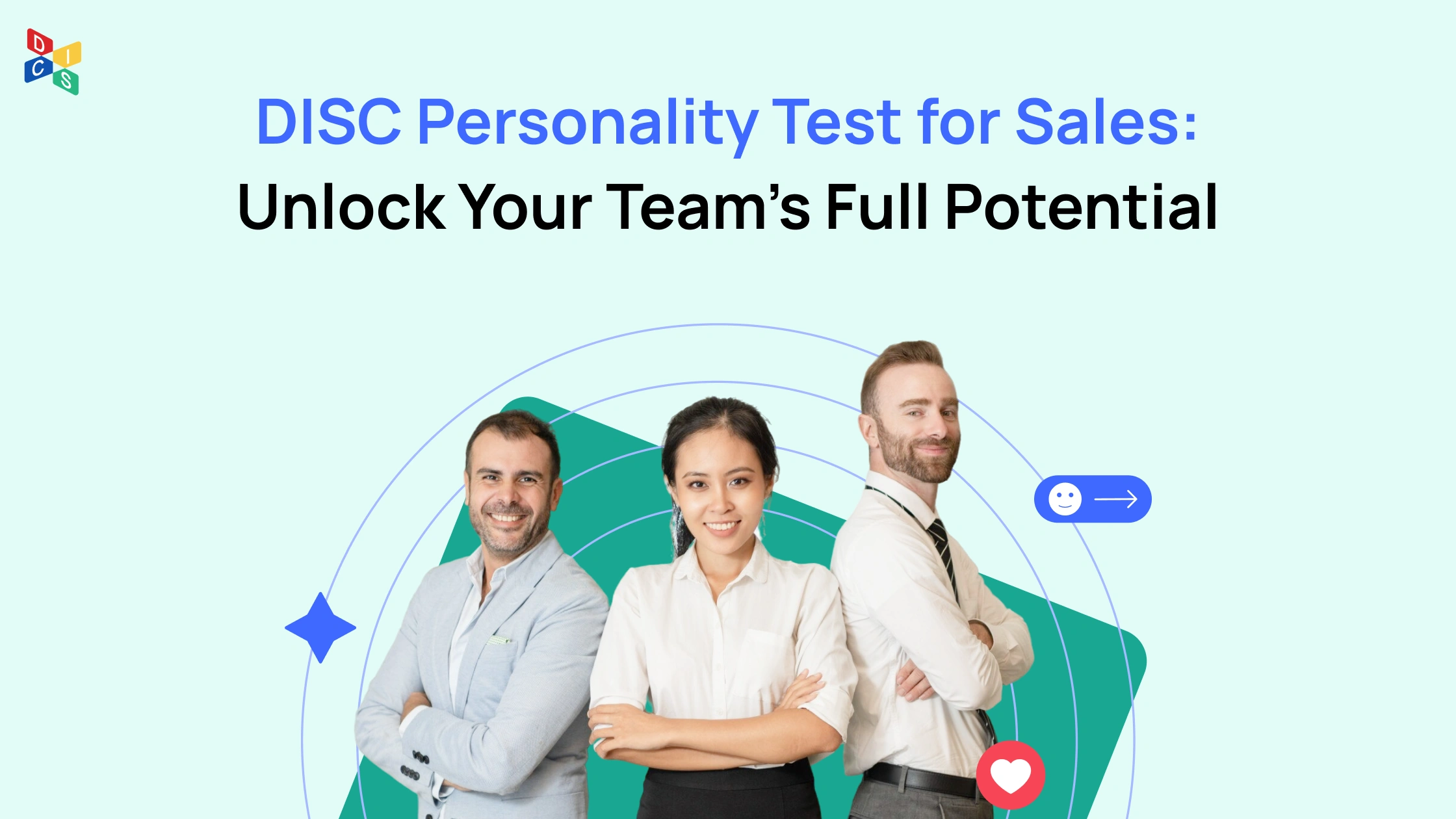 DISCJan 06, 2026
DISCJan 06, 2026DISC Personality Test for Sales: Unlock Your Team’s Full Potential
DISC Personality Test for Sales helps sales teams improve role fit and performance. Learn how DISC boosts hiring, coaching, and customer alignment.
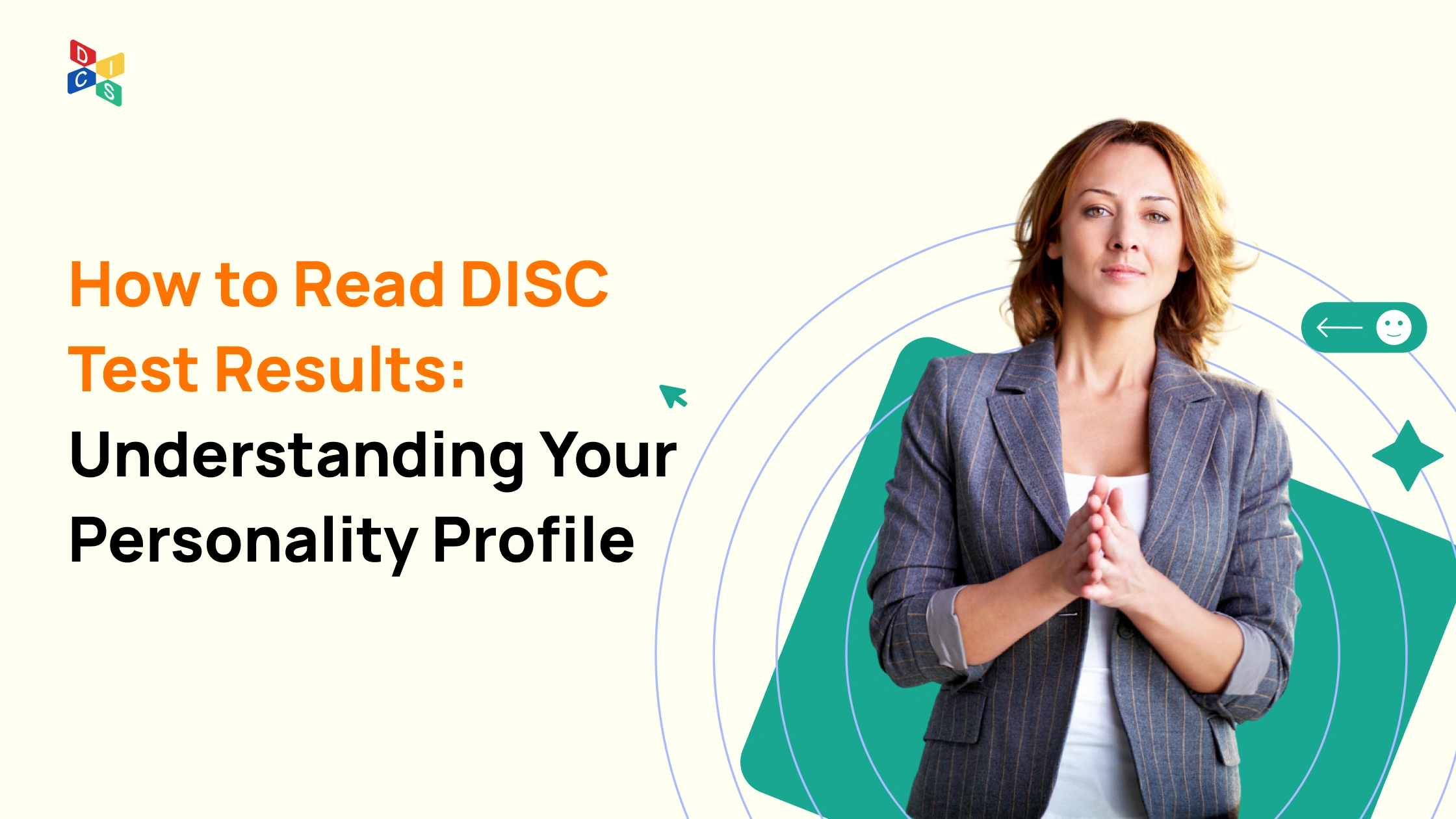 DISCJan 06, 2026
DISCJan 06, 2026How to Read DISC Test Results: Understanding Your Personality Profile
Learn how to read DISC test results and understand your personality profile. Discover how DISC can enhance communication, teamwork, and career growth.
 DISCDec 31, 2025
DISCDec 31, 2025What Is Group Culture? How Team Behaviors Shape Workplace Success
Discover what is group culture and how it shapes team dynamics, decision-making, and performance. Learn how the DISC model can help improve your team’s culture.
